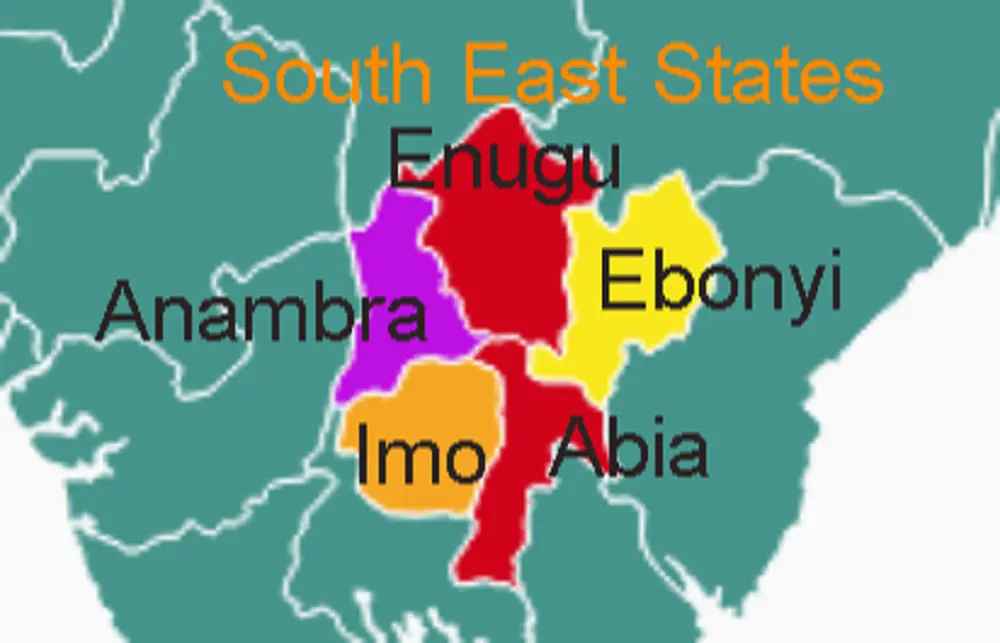The European Union has listed Nigeria among countries of serious concern regarding intellectual property rights (IPR) violations in its latest biennial report on global IPR protection and enforcement. The report, released Thursday by the EU’s Trade and Economic Security Commission, also names China, India, Türkiye, Argentina, Brazil, Ecuador, Indonesia, and Thailand.
The EU report warns that persistent issues such as counterfeiting and piracy continue to inflict significant economic damage. In 2023 alone, EU customs authorities intercepted 17.5 million counterfeit items valued at nearly €811 million. Online piracy, it noted, is also increasing.
The report underscores the importance of IPR-intensive sectors to the EU economy, pointing out that these industries generate nearly 50% of the bloc’s GDP and account for over 80% of its exports. They are also crucial for sustainable job creation and long-term economic stability.
Among the countries on the EU’s priority watch list, China remains the top concern, followed by India and Türkiye. Nigeria falls into the third priority tier alongside Argentina, Brazil, Ecuador, Indonesia, and Thailand.
While acknowledging Nigeria’s recent efforts—such as the enactment of the Nigeria Customs Service Act and the rollout of a National Intellectual Property Policy in 2022—the EU expressed disappointment over the slow pace of meaningful progress.
A major setback cited in the report is the failure to pass the Industrial Property Commission Bill, first introduced in 2016. This bill aimed to unify Nigeria’s IP laws and establish a centralized commission to manage industrial property rights. The EU also noted Nigeria’s failure to incorporate key international agreements like the WTO’s TRIPS Agreement into national legislation, leaving gaps in legal protection.
The report criticized the outdated and inefficient processes at Nigeria’s Patents and Designs Registry, which continue to hamper trademark and certification mark registration. It also highlighted the absence of a formal system for Geographical Indications, leaving local products vulnerable to misuse and counterfeiting.
In terms of copyright, the EU pointed to rampant online piracy and a lack of transparency in the operations of collective management organisations. Although recent reforms have introduced new mechanisms—such as the establishment of the Online Copyright Inspectors Unit—their impact has yet to be measured.
The EU further raised alarm over Nigeria’s role as a transit hub for counterfeit goods entering West Africa. Counterfeit products—including medicines, electronics, and apparel, many originating from China—are reportedly funneled through Nigerian seaports for distribution across the region.
Key challenges undermining enforcement in Nigeria include limited funding, insufficient training for enforcement personnel, and inadequate infrastructure, particularly in the judiciary. Courts often lack both the technological resources and expertise required to adjudicate complex IPR cases, leading to delays and inconsistent judgments.
Despite these setbacks, the EU encouraged Nigeria to intensify its implementation of the 2022 IP Policy and adopt broader reforms to create a robust, modern IP regime aligned with global standards.





